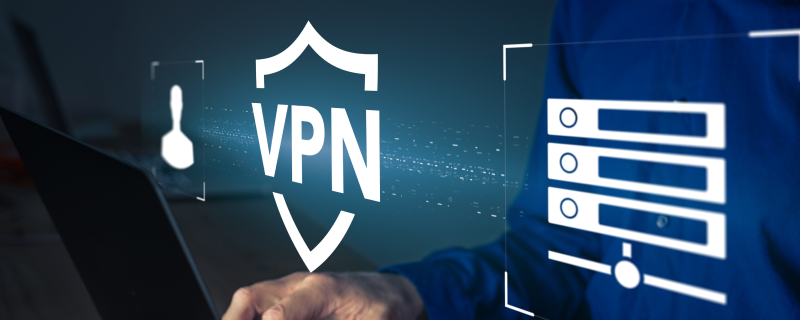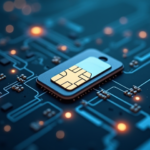Understanding VPN Data Usage
As more people turn to Virtual Private Networks (VPNs) to enhance their online privacy and security, a common question arises: “How much data does a VPN use?” While VPNs offer many benefits, it’s crucial to understand their impact on data usage, particularly if you have a limited data plan. This article will delve into the specifics of VPN data consumption and how you can manage it effectively.
How VPNs Impact Data Usage
A VPN works by encrypting your internet data and routing it through a secure server. This process ensures your online activity is private and secure from potential hackers and snoopers. However, this added layer of security comes with a slight increase in data usage.
Typically, a VPN can increase data consumption by around 5-15%. This increase is due to the encryption process, which adds extra data (overhead) to each packet of information sent over the internet. The exact percentage can vary depending on the encryption protocol your VPN uses. Stronger encryption protocols add more data, but they also provide better security.
Factors Affecting VPN Data Usage
- The VPN Protocol: Different VPNs use different protocols for encryption, such as OpenVPN, L2TP/IPSec, and IKEv2. Some protocols, like OpenVPN, offer robust security but use more data, while others, like L2TP/IPSec, are less secure but use less data.
- Level of Encryption: Higher levels of encryption provide more security but also use more data. For instance, 256-bit encryption will use more data than 128-bit encryption.
- Frequency of Use: The more frequently you use your VPN, the more data you will consume.
- Type of Activity: Activities like streaming videos or downloading files consume more data than simply browsing the web or sending emails.
How to Manage VPN Data Usage
While a VPN does increase data usage, there are a few strategies you can employ to manage this:
- Choose the Right Protocol: If data usage is a concern, consider using a protocol that uses less data. GnuVPN supports various protocols, allowing you to choose the one that best fits your needs.
- Limit VPN Use: Use your VPN only when necessary, especially if you’re on a limited data plan. For instance, you might not need to use a VPN for streaming local content but use it for browsing sensitive information.
- Monitor Your Data: Regularly check your data usage to ensure you’re not exceeding your limits. Many VPNs, including GnuVPN, have built-in features to track data usage.
While VPNs do increase data usage slightly, the tradeoff for the privacy and security they provide is invaluable. By understanding the factors that affect VPN data usage and implementing the strategies suggested above, you can enjoy the benefits of a VPN without worrying about exhausting your data plan. GnuVPN is committed to providing you with the best balance between data usage and security, making your online experience safe, private, and efficient.





